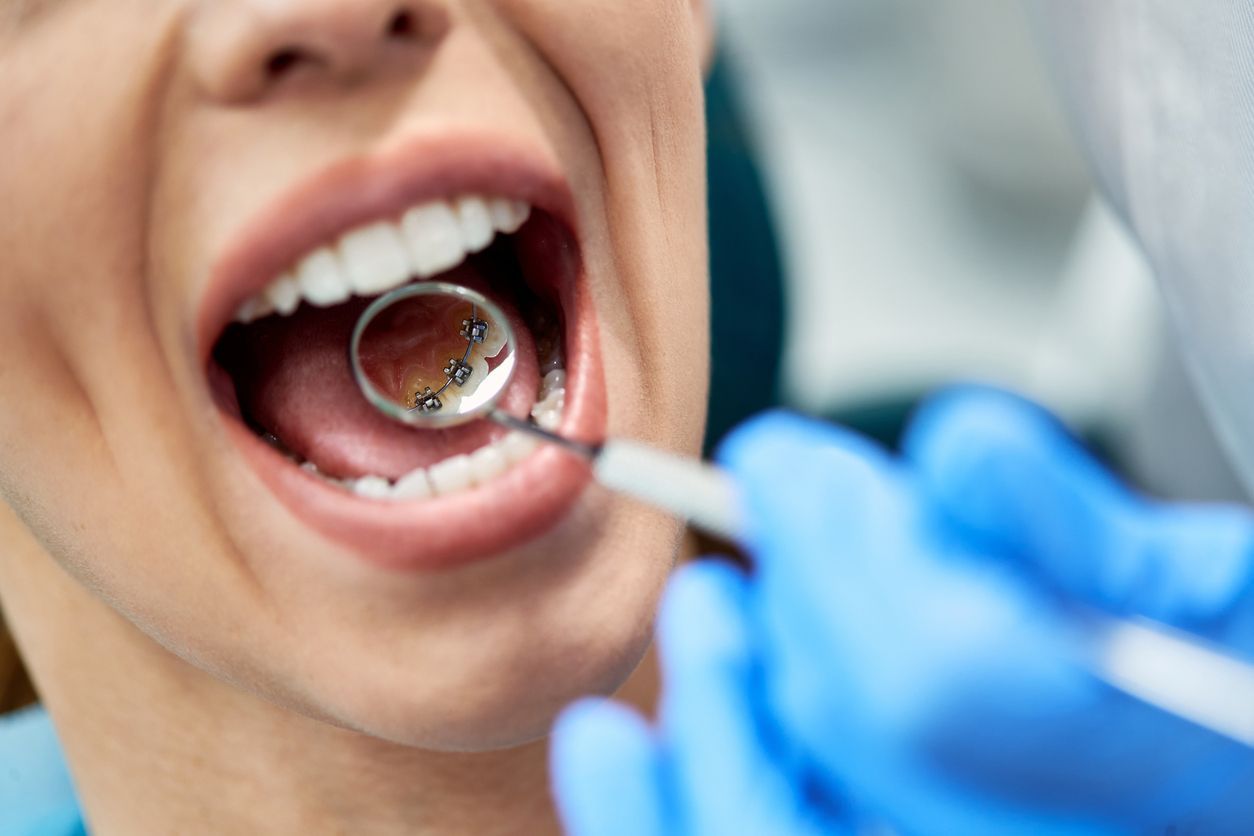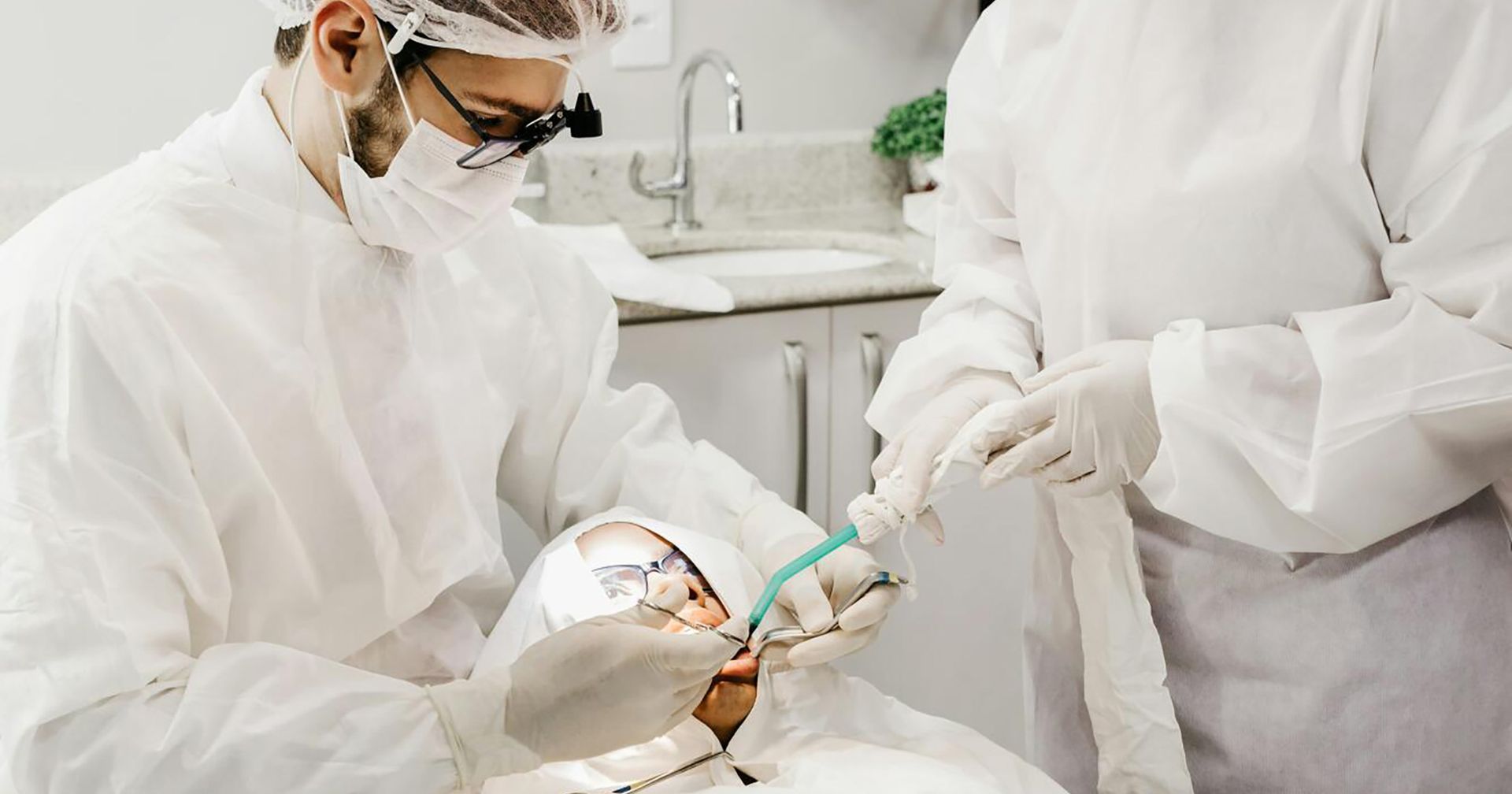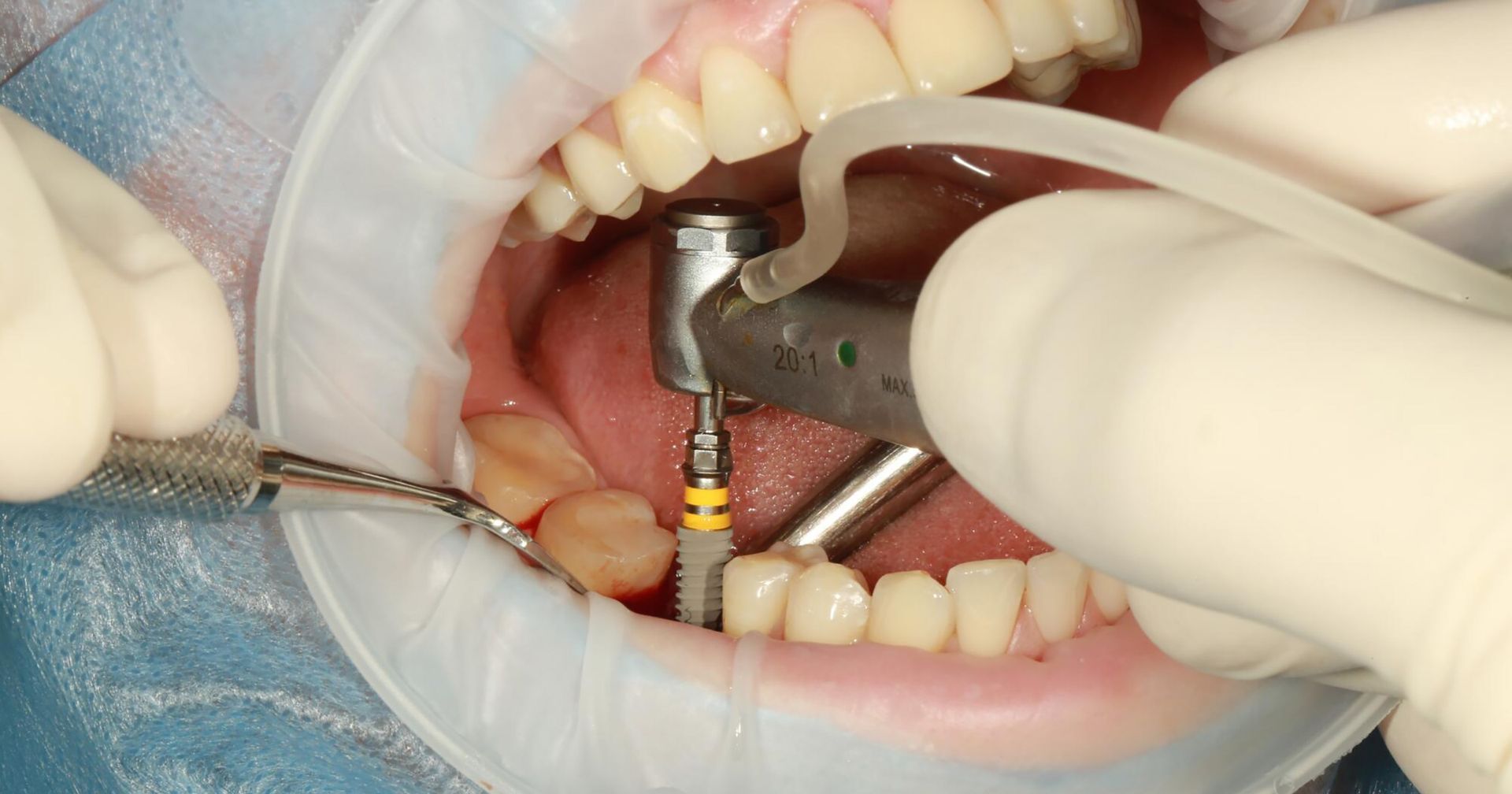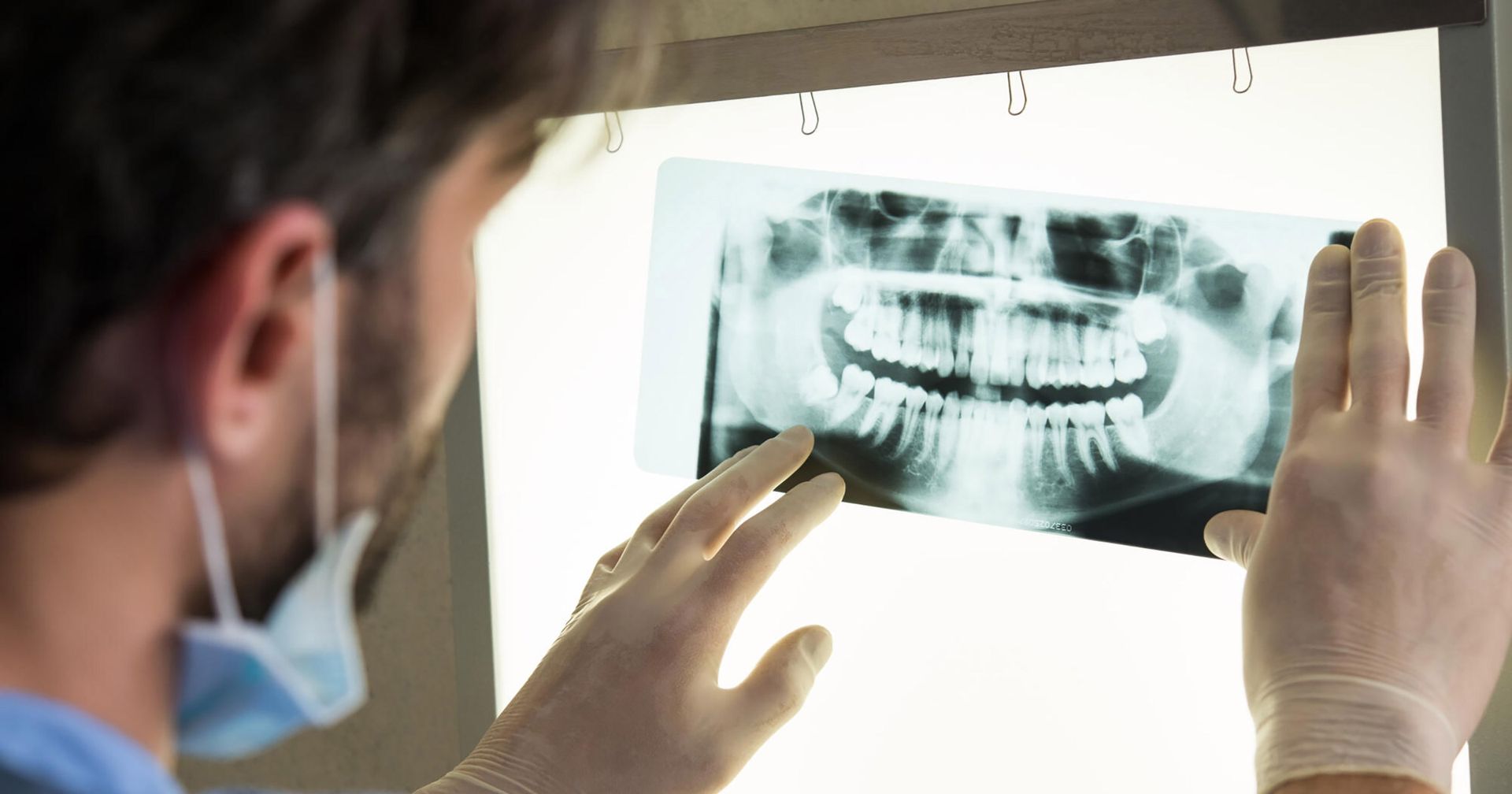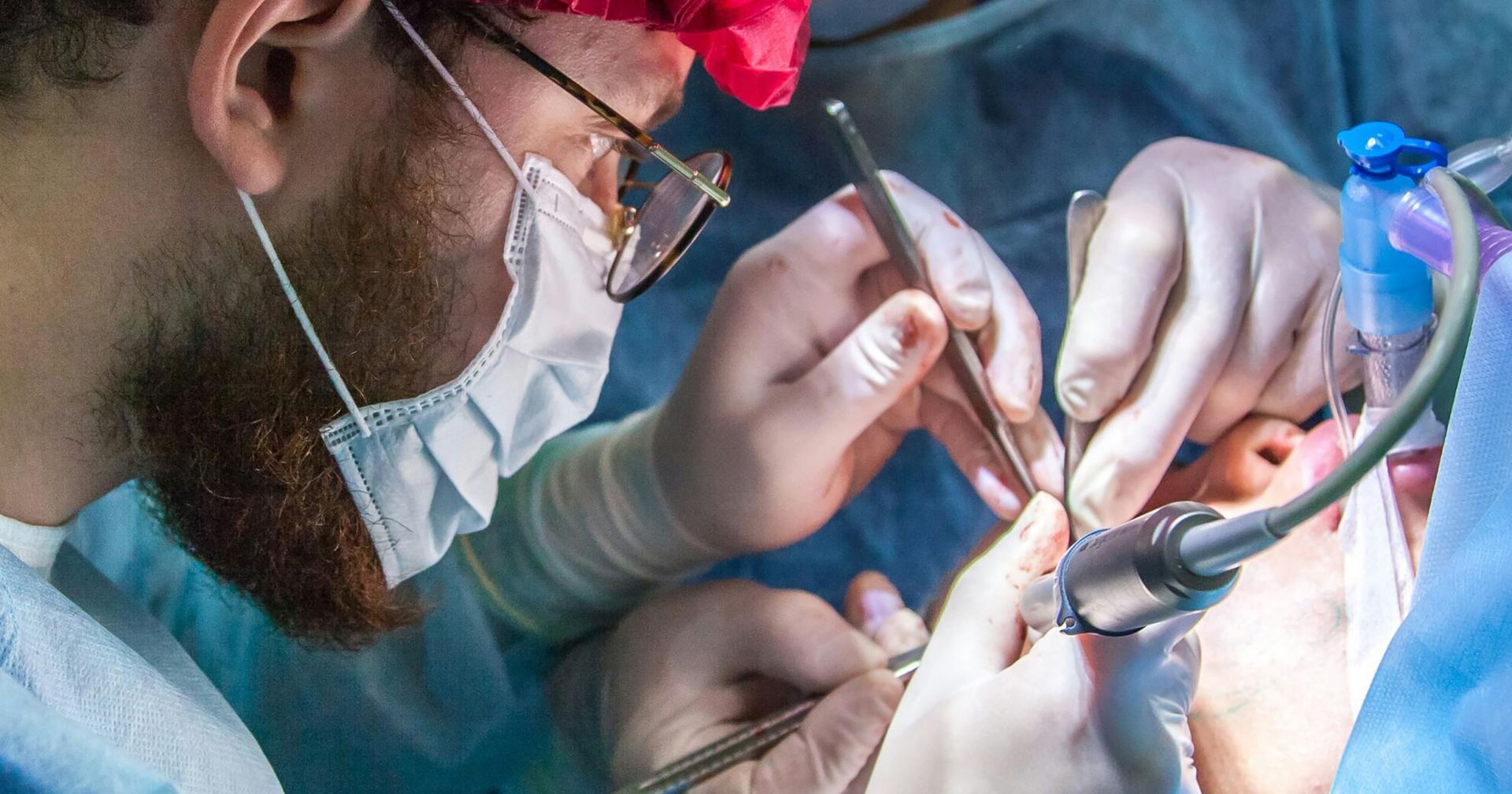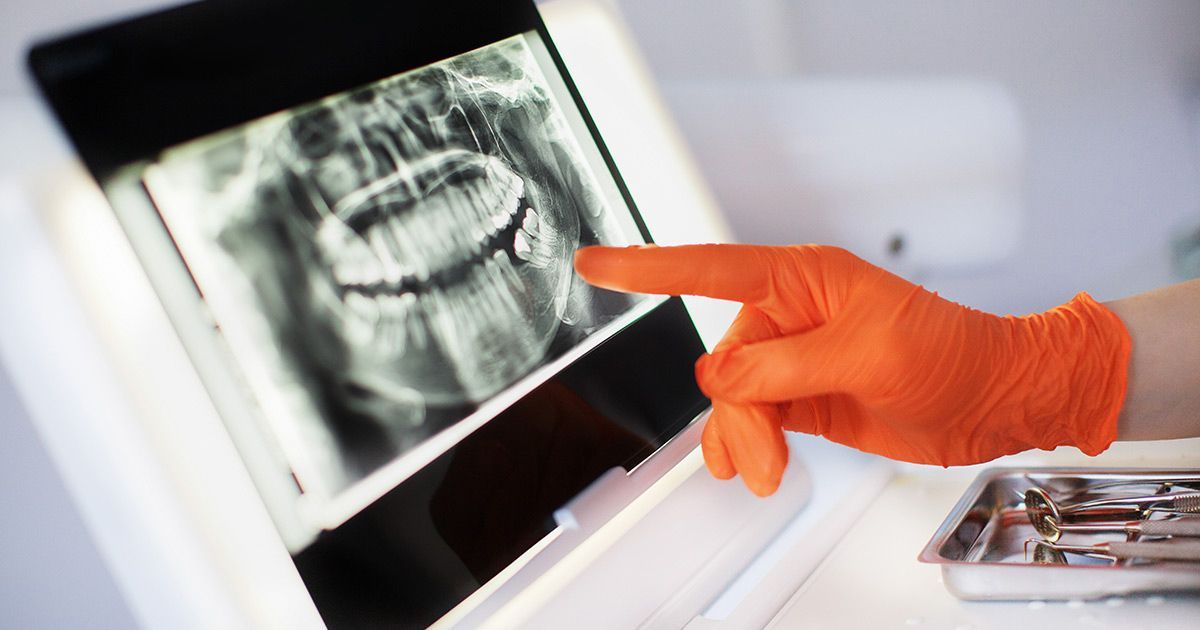All About Dental X-Rays: An Ultimate Guide
Are you interested in learning more about the dental X-rays you've gotten? Read on for an ultimate guide to learn all about dental X-rays.
What are dental X-rays? They are an important piece of dental technology and are a diagnostic tool used to help detect damage, tooth decay, and disease to teeth that can't be seen during a typical dental exam.
As a dental patient, X-rays can be hard to understand. Do you want to learn more about the dental X-rays you've gotten in the past?
Keep reading this guide for everything you need to know about dental X-rays, what they are used for, and who needs to get them.
How Do X-Rays Work?
X-rays work with ionizing radiation. Essentially, they pass energy through both the hard and soft structures in your mouth. The harder, more dense structures in your mouth, like teeth and bones, will absorb the energy, which creates the image.
In the final X-ray image, areas of your teeth with tooth decay and infection will look darker. This is because they won't absorb as much of the X-ray as other areas in your mouth, like your hard jaw bone and teeth.
There are typically two types of X-rays that your dentist will use, those taken inside of the mouth and those taken from the outside of the mouth.
This will allow your dentist to examine your tooth roots, monitor the structure of your jaw bone, and even check on tooth development for younger patients.
How Are X-Rays Taken?
When you are preparing for a dentist appointment, learning more about the procedures and treatments can help you avoid any dental anxiety.
Dental X-rays are most often performed while you are sitting in the chair at a dental visit. To protect you from radiation, a dental technician will protect you with a lead apron over your chest that will feel like a weighted blanket.
Then, they will place an X-ray sensor in your mouth which will take the photo. The only discomfort you may feel during this procedure is due to the size of and placement of the sensor in your mouth.
Types of X-Rays
There are many different types of X-rays that are commonly used for preventative dental services. Different types of X-rays have different purposes, so it is important to learn about each X-ray that your dentist may perform during your appointment.
Here are some of the most common types of X-rays.
Bitewing X-Rays
One of the most common types of dental X-rays is bitewing X-rays. These are typically taken once a year to help detect any cavities or decay between your teeth.
They show details of your teeth in one area of your mouth, so you will need to take a couple of images when you get bitewing x-rays.
Periapical X-Rays
Another common type of X-ray is a periapical X-ray. These are typically taken when you are having issues with a specific tooth or if your dentist needs a follow-up X-ray after a procedure.
Rather than taking a picture of the sides of your teeth, periapical X-rays take a picture of your entire tooth, from crown to root.
Dentists can use these X-rays to see if there are abnormalities in your bone structure, to see if there is an abscess beneath your tooth, or to identify deep decay.
Occlusal X-Rays
Occlusal X-rays are not as commonly used as the other types of X-rays and are more specialized. Instead of looking at your teeth, this X-ray looks at the roof or floor of your mouth.
Your dentist may use this type of X-ray to identify extra teeth or impacted teeth, problems with your jaw, or even tumors in your mouth.
Panoramic X-Rays
Finally, your dentist may use panoramic X-rays every couple of years. Unlike the other types of X-rays, a panoramic X-ray can capture your entire mouth in a single image.
They provide wider views of the teeth, jaw, and mouth structure. This makes it beneficial to plan for different types of treatment, like braces or tooth extractions.
Are X-Rays Safe?
Often, people wonder if X-rays are safe. This is because they use ionizing radiation to create images of your teeth. However, the amount of radiation used for this procedure is minimal, so they are not very risky for patients' overall physical or dental health.
Plus, dental technicians follow safety guidelines to ensure that your exposure is limited when you get X-rays. This includes the use of a lead cape.
Some dentists may recommend avoiding X-rays when you are pregnant, but there are mixed findings regarding the safety of X-rays while pregnant. As long as you were the protective apron over your throat and abdomen, you should be perfectly safe during an X-ray procedure.
How Often Do You Need X-Rays?
How often do you need to get X-rays? The frequency of this procedure will depend on many different factors.
First, you need to consider your risk factors. If you have clinical decay and an increased risk of cavities, you may need to get bitewing X-rays every couple of years.
If you have evident clinical decay, your dentist will typically recommend that you get X-rays every 6-12 months. Typically, X-rays are only performed when necessary to help you lower your radiation exposure.
Find a Dentist in South Philadelphia, PA to Learn More About Dental X-Rays
Although X-rays are an essential tool used in every dentist's office, it is important that you learn more about dental X-rays so you can feel comfortable during a dental visit.
If you want to learn more about dental X-rays and their uses, finding a reliable dentist in South Philadelphia, PA can help! The Tabas Center For Advanced Dentistry offers preventative care dental services and prioritizes high-quality patient education.
Contact us today to get answers to any of your questions regarding oral health and dental care!

